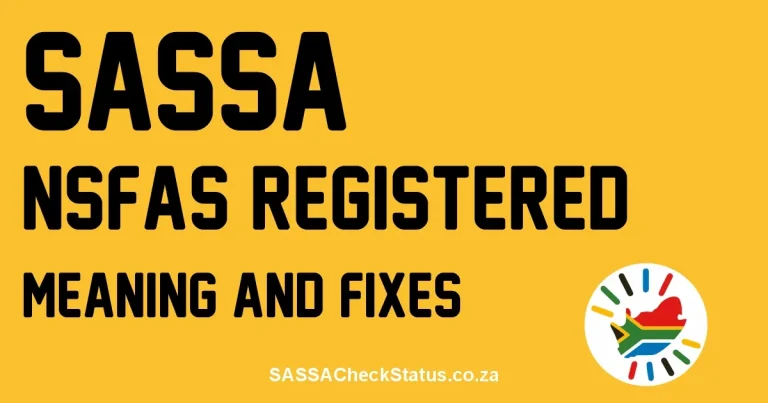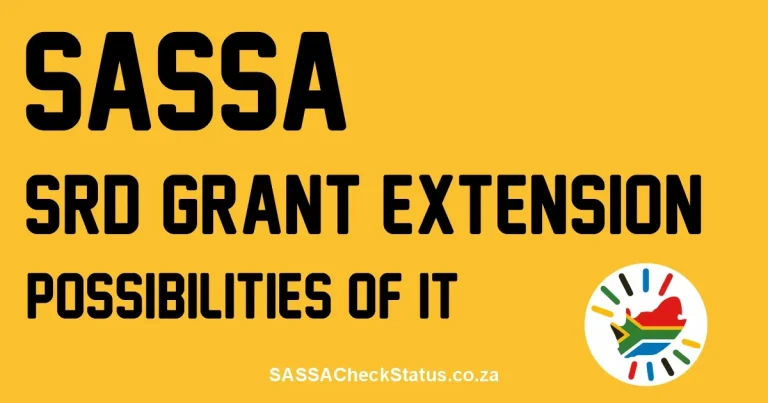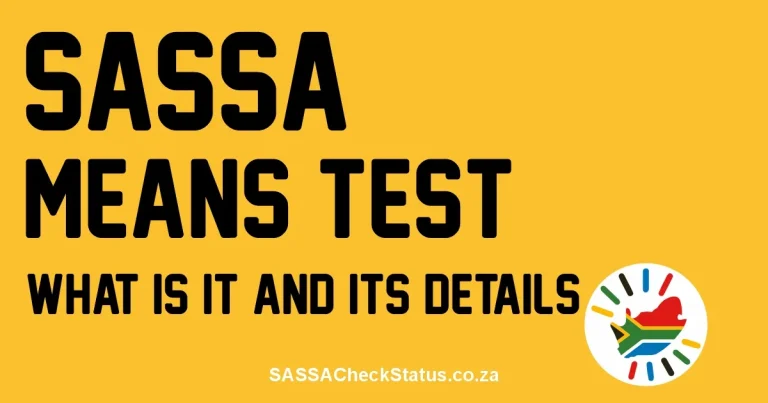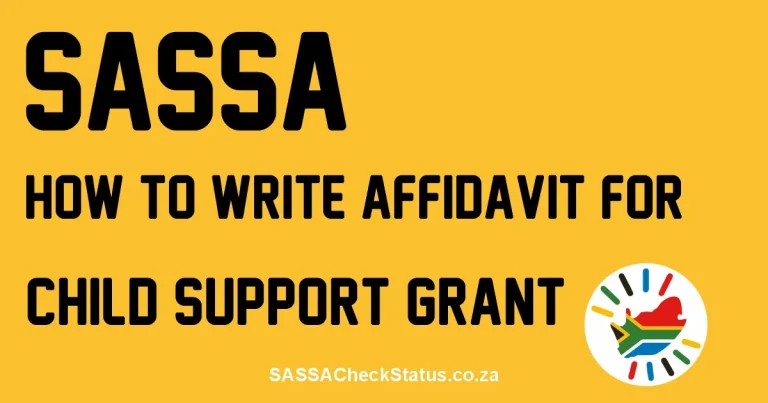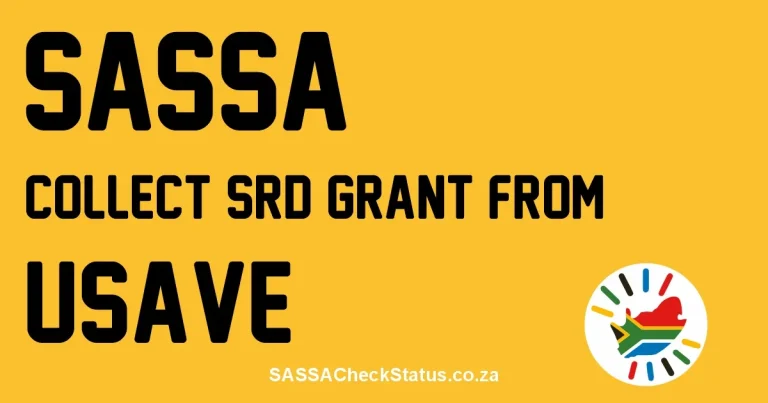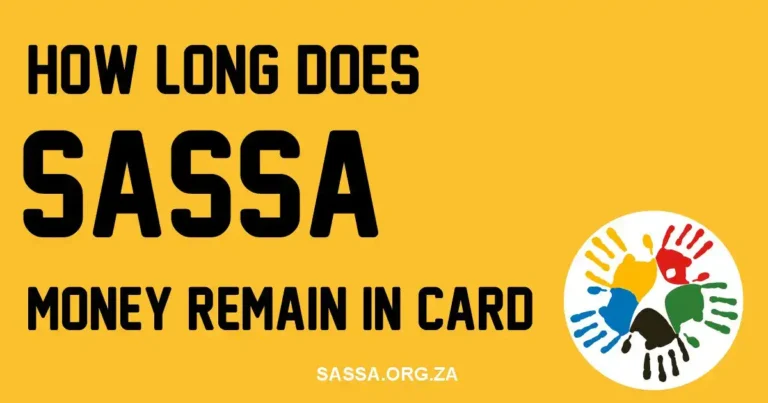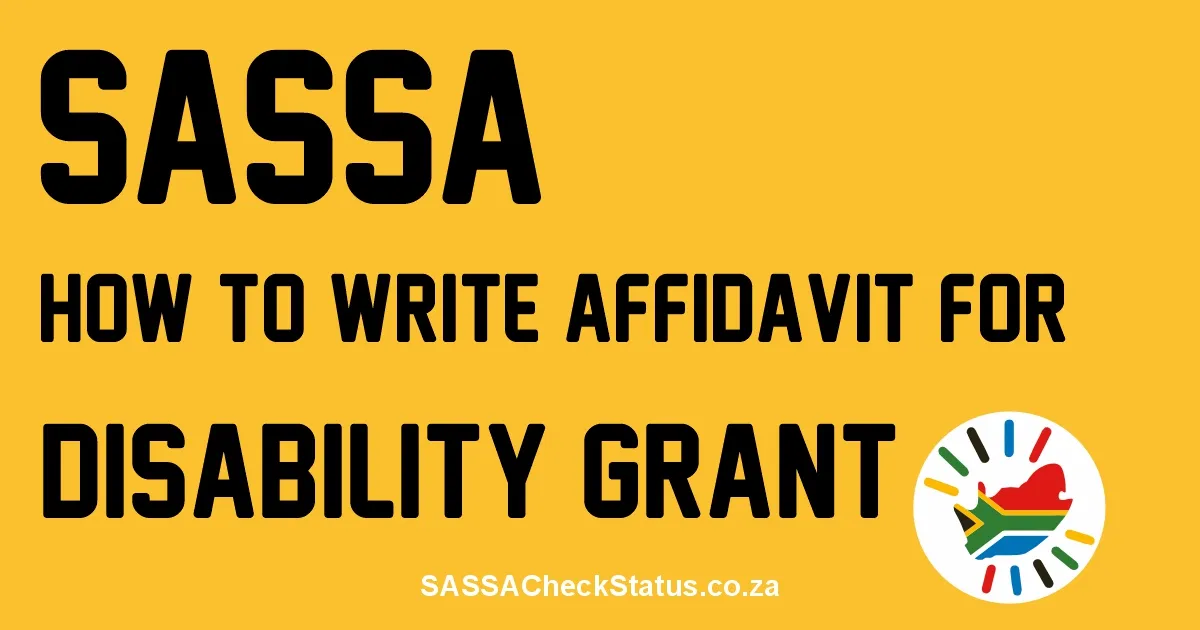
Writing an affidavit for your SASSA disability grant becomes necessary when you don’t have a valid South African ID document. You must complete the official SASSA affidavit form in the presence of a Commissioner of Oaths who isn’t a SASSA employee, provide a sworn statement from a reputable person who knows you, and include proof that you’ve applied for an ID at Home Affairs.
When You Need to Write Affidavit for SASSA Disability Grant
If you don’t have an ID, you will be required to complete an affidavit and provide proof of having applied for the document from the Department of Home Affairs. SASSA requires this affidavit as an alternative form of identification when your 13-digit bar-coded ID isn’t available during your disability grant application.
The disability grant provides up to R2,310 monthly for South Africans between 18-59 years who can’t work due to mental or physical disabilities lasting six months or longer. Without proper identification, your application can’t proceed – that’s where the affidavit becomes crucial.
Official SASSA Affidavit Format Requirements
You must complete an affidavit on a standard SASSA format in the presence of a Commissioner of Oaths who is not a SASSA official. The disability grant affidavit must include specific information to verify your identity and circumstances.
Essential Information for Your Affidavit
Your disability grant affidavit must contain:
- Full legal name and address details
- Date of birth and age verification
- Confirmation that you don’t live in a state institution
- Marital status declaration
- Income sources for you and your spouse (if applicable)
- Asset ownership details
- Declaration that all information is truthful
This form must be completed by those applying for the disability grant, whereby they confirm that their personal details (full name, ID number, age and physical address) are true and correct.
Getting Your Affidavit Commissioned Properly
Who Can Commission Your SASSA Affidavit
According to s5 of the Act, a commissioner of oaths can be any person appointed as such by the Minister of Justice (Minister) or appointed by any officer of the Department of Justice with the rank of a director authorised in writing by the Minister.
Authorized commissioners include:
- Attorneys and advocates
- Police officers at SAPS stations
- Bank managers
- Marriage officers
- Magistrates and court officials
- Traditional leaders
- Certain government officials
Important: The commissioner cannot be a SASSA employee when handling your disability grant affidavit.
Commissioning Process Steps
Make sure that the affidavit is signed before a commissioner of oaths and that it is initialed on every page by you and the commissioner.
Follow these steps:
- Take your printed affidavit and identification documents to the commissioner
- The commissioner will verify your identity using available documents
- They’ll ask if you understand the affidavit contents
- Confirm you have no objection to taking the oath
- State whether the oath binds your conscience
- Sign the affidavit in the commissioner’s presence
- Commissioner stamps and signs the document
- Both parties initial every page
Required Supporting Documents
Beyond the affidavit itself, you need additional documentation for your disability grant application:
Sworn Statement Requirement
You must bring a sworn statement signed by a reputable person (like a councillor, traditional leader, social worker, minister of religion or school principal) who can verify your name and age.
Acceptable people for sworn statements:
- Ward councillors
- Traditional leaders
- Social workers
- Ministers of religion
- School principals
- Community leaders
Department of Home Affairs Documents
If you don’t have an ID, you will be required to complete an affidavit and provide proof of having applied for the document from the Department of Home Affairs.
Required Home Affairs documentation:
- Proof of ID application receipt
- Temporary ID certificate (if issued)
- Any correspondence from Home Affairs
Medical Documentation for Disability Claims
Your affidavit supports your identity verification, but medical proof remains essential for disability grant approval. The doctor will complete a medical report and will forward the report to South African Social Security Agency (SASSA). The report is valid for three months from the date you are assessed.
Medical Assessment Requirements
- State-approved medical practitioner assessment
- Functional assessment report
- Medical certificates not older than three months
- Documentation proving disability duration (temporary vs permanent)
Mistakes to Avoid
When completing your write affidavit for SASSA disability grant, avoid these errors:
Documentation Errors
- Using unofficial affidavit forms from non-SASSA sources
- Missing commissioner stamps or signatures
- Incomplete personal information
- Mismatched supporting documents
Process Mistakes
- Having a SASSA employee commission the affidavit
- Not providing Home Affairs application proof
- Missing sworn statement from reputable person
- Submitting expired medical reports
Information Inconsistencies
Your supporting documents must match the information you declare in the affidavit form. Ensure your affidavit information aligns with:
- Medical assessment details
- Income declarations
- Address information
- Marital status claims
SASSA Status Check and Follow-up
After submitting your affidavit with your disability grant application, monitor your progress through official SASSA channels. You can check your SASSA status using:
- SASSA’s official website portal
- Local SASSA office visits
- Toll-free number 0800 60 10 11
The SASSA official will take your fingerprints. You will be referred to the Department of Home Affairs to apply for the ID while your application is processed.
Payment Information and Grant Details
Current Disability Grant Amount
According to the latest updates of 1 April 2025, the monthly amount for disability grant is R2,310 per month (per person). The grant amount operates on a sliding scale based on your income level.
Payment Methods Available
- Electronic deposit into bank account
- SASSA payment card collection
- Cash collection at designated paypoints
- Institution payments (for care facilities)
Appeal Process if Application Fails
If your disability grant application gets rejected despite proper affidavit submission, you have recourse options:
- Submit appeal within 90 days of rejection notice
- Provide additional supporting documentation
- Request reconsideration through official channels
- Contact SASSA regional offices for guidance
Where to Get Official Forms
Application forms are not available online, but you can get them from your nearest (SASSA) office. Visit your local SASSA office to collect:
- Official disability grant affidavit forms
- Application forms
- Supporting document checklists
- Process guidance materials
Alternatively, download forms from the official SASSA services portal when available.
FAQs About Affidavit for SASSA Disability Grant
Can I write my own affidavit for SASSA disability grant without using their form?
No, you must use the official SASSA affidavit format specifically designed for disability grants. Custom affidavits won’t be accepted as they don’t contain required fields and legal language SASSA needs for processing.
How long does the affidavit commissioning process take?
The commissioning process typically takes 15-30 minutes, depending on the commissioner’s workload and your document preparation. Ensure you have all required documents ready to avoid delays.
What happens if my sworn statement person can’t be reached for verification?
SASSA may contact your sworn statement provider for verification. Choose someone readily available and willing to confirm their statement if contacted by SASSA officials during application processing.
Do I need to update my affidavit if my circumstances change?
Yes, if significant changes occur in your living situation, marital status, or income before grant approval, inform SASSA immediately. You may need to complete a new affidavit reflecting current circumstances.
Can family members help complete my affidavit if I can’t write?
If you can’t apply yourself due to severe disability issues, you may have a trusted family member or a friend to apply on your behalf. However, you must still appear before the commissioner for oath administration, or provide medical documentation explaining your inability to attend.
What if the commissioner makes an error on my affidavit?
Return to the commissioner immediately for corrections. Don’t submit affidavits with errors, as this could delay processing or result in rejection. The commissioner must initial any corrections made.
Conclusion
Writing an affidavit for your SASSA disability grant requires careful attention to official procedures and proper documentation. Use only the official SASSA affidavit format, ensure commissioning by authorized non-SASSA officials, and provide all required supporting documents including sworn statements and Home Affairs proof. Remember that your affidavit serves as crucial identity verification when you lack proper ID documentation, making accuracy and completeness essential for successful grant approval. For additional assistance, contact SASSA directly at 0800 60 10 11 or visit your nearest SASSA office.
